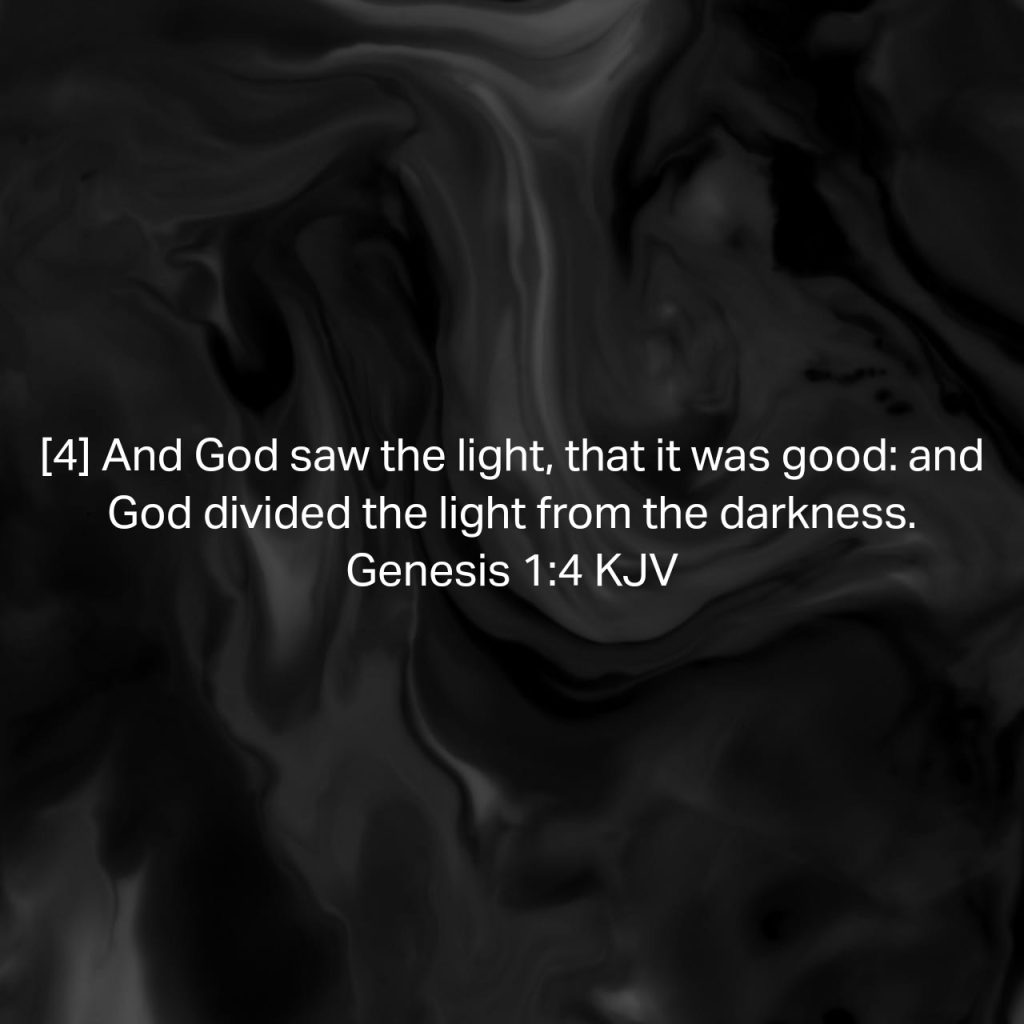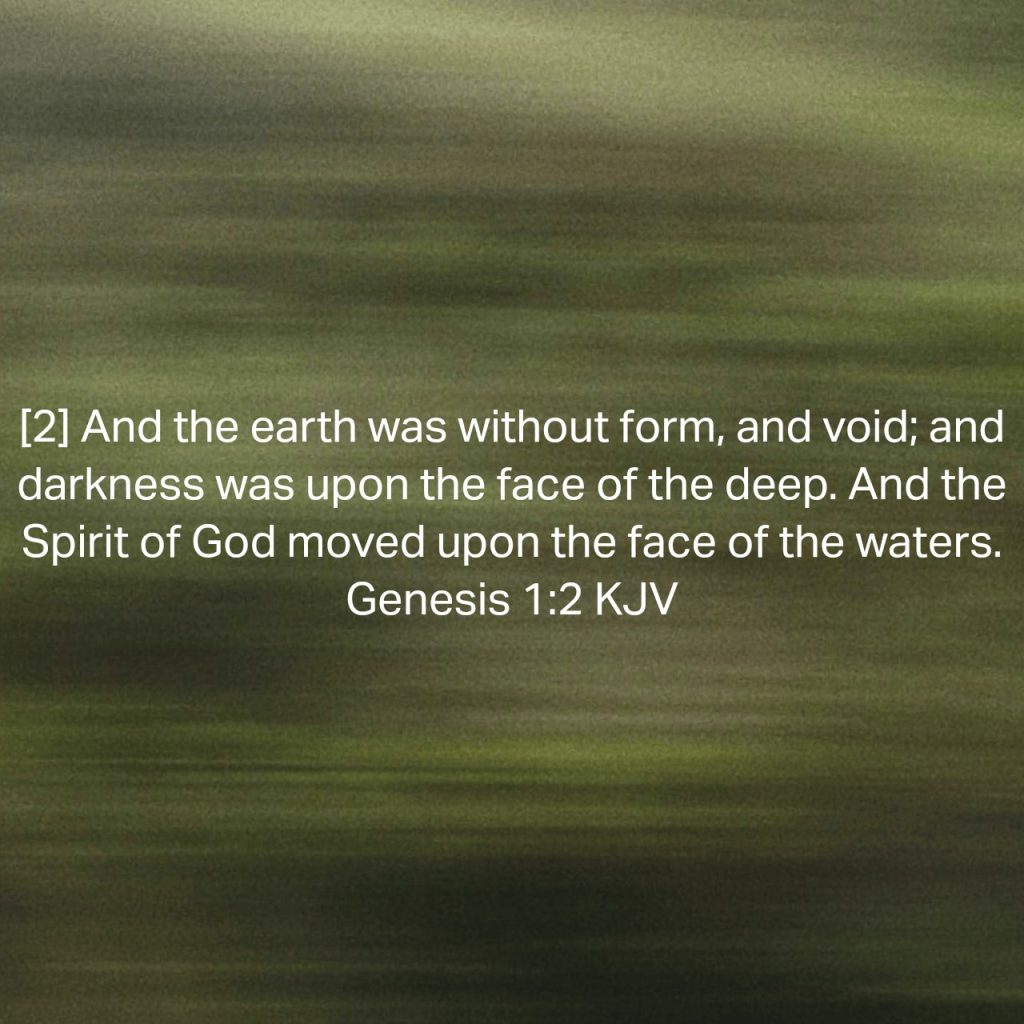The Bible is replete with assurances that God is sovereign and can use all circumstances—good and bad—for His divine purposes. This profound truth offers comfort and hope, reminding believers that God is in control, working everything together according to His will. Here are some key scriptures that illustrate how God uses all circumstances for His purposes: Romans 8:28 – “And we know that all things work together for good to them that love God, to them who are the called according to his purpose.” This verse reassures us that God orchestrates every aspect of our lives, ensuring that all experiences contribute to our ultimate good and His glory. Genesis 50:20… Read More
Continue ReadingThe Path to Becoming a Christian: The Role of Discipleship
It can be argued that being a disciple is a foundational step to becoming a Christian. This perspective is supported by the emphasis in the New Testament on learning from and following Jesus’ teachings, which is central to discipleship. Here’s a step-by-step explanation: 1. Following Jesus’ Teachings 2. Learning and Obedience 3. Love and Commandments 4. Adoption of the Term “Christian” 5. Suffering as a Christian 6. Recognizing True Disciples Conclusion Being a disciple is foundational to understanding and living out the Christian faith. Discipleship involves learning from Jesus, obeying His teachings, and growing in relationship with Him. This process naturally leads to the identity of being a Christian, which… Read More
Continue ReadingThe Meaning and Importance of Discipleship and Christian Identity
Discipleship in the New Testament Definition and OriginThe term “disciple” comes from the Greek word μαθητής (mathētēs), meaning “learner” or “pupil.” In the New Testament, this term emphasizes the relationship between the teacher, Jesus, and His followers, who are committed to learning from Him and living according to His teachings. This relationship is foundational to understanding the Christian faith. Jesus’ Commandments to DisciplesDiscipleship is characterized by obedience to Jesus’ commandments as an expression of love for Him: These verses underscore that true discipleship involves both learning and applying Jesus’ teachings, leading to a transformation of life and spiritual freedom. The Term “Christian” Historical Context and UsageThe term “Christian” (Χριστιανός, Christianos)… Read More
Continue Reading
Micah 7:7 (KJV)
“Therefore I will look unto the LORD; I will wait for the God of my salvation: my God will hear me.” Read more here. Introduction Micah 7:7 expresses a profound declaration of faith and trust in God, emphasizing reliance on Him for salvation and assurance that God will respond. Interpretation This verse highlights the prophet’s commitment to looking to the Lord and patiently waiting for His intervention, with confidence that God will hear and respond to his prayers. Modern Day Application Across Various Fields 1. Theology Encourages believers to maintain faith and trust in God’s timing and responsiveness, especially during challenging times. 2. Philosophy Promotes the virtue of patience and… Read More
Continue Reading
Genesis 1:4 (KJV)
“And God saw the light, that it was good: and God divided the light from the darkness.” Read more here. Introduction Genesis 1:4 continues the creation narrative, describing God’s evaluation and separation of light from darkness. Interpretation This verse indicates God’s approval of the light He created, deeming it “good.” It also signifies the establishment of order by distinguishing light from darkness, an essential step in the creation process. Modern Day Application Across Various Fields 1. Science This verse encourages the study of light’s properties and its essential role in the universe, including its effects on life and the environment. 2. Philosophy Prompts reflection on the concepts of good and… Read More
Continue Reading
Genesis 1:3 (KJV)
“And God said, Let there be light: and there was light.” Read more here. Introduction Genesis 1:3 marks a pivotal moment in the biblical creation narrative, where God initiates the creation of light, bringing illumination into the previously dark and formless world. Interpretation This verse highlights God’s creative power through His spoken word. The command, “Let there be light,” signifies the beginning of order and clarity, dispelling darkness and setting the stage for subsequent acts of creation. Modern Day Application Across Various Fields 1. Science Encourages the exploration of light as a fundamental element of the universe, including its properties, behavior, and significance in various scientific fields such as physics… Read More
Continue Reading
Genesis 1:2 (KJV)
“And the earth was without form, and void; and darkness was upon the face of the deep. And the Spirit of God moved upon the face of the waters.” Read more here. Introduction Genesis 1:2 continues the biblical account of creation, describing the initial condition of the earth before it was shaped and filled. Interpretation This verse portrays the earth as formless and empty, shrouded in darkness, with the Spirit of God moving over the waters. It indicates the chaotic state before God’s creative order was established. Modern Day Application Across Various Fields 1. Science This verse invites scientific inquiry into the origins of the earth and the cosmos, encouraging… Read More
Continue Reading
Genesis 1:1 (KJV)
“In the beginning God created the heaven and the earth.” Read more here. Introduction Genesis 1:1 is the inaugural verse of the Bible, heralding the commencement of the creation story and laying the foundation for the entire biblical narrative. Interpretation This verse underscores God’s ultimate authority and creative power, establishing Him as the originator of the universe. It marks the beginning of time, space, and matter, all initiated by God’s sovereign command. Modern Day Application Across Various Fields 1. Science Encourages exploration of the universe with an appreciation for its origin, inspiring scientific inquiry grounded in the marvel of creation. 2. Philosophy Stimulates contemplation on the nature of existence, the… Read More
Continue Reading